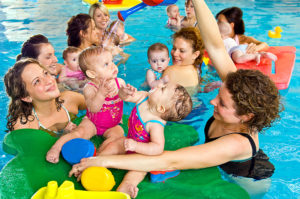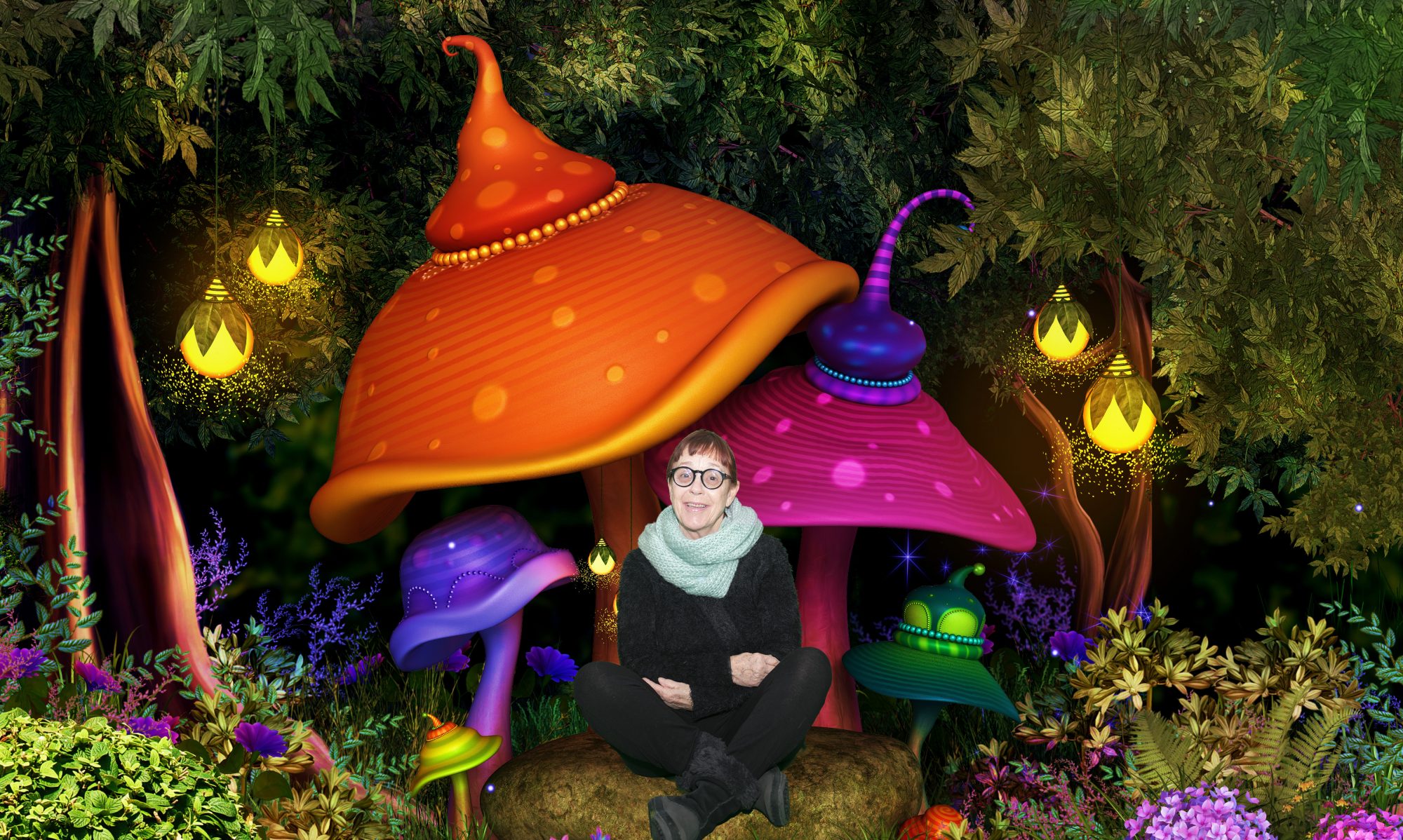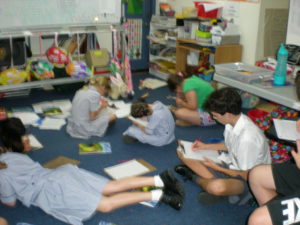CHRISTMAS GIVING
At this magical time of year we try to express our love with gifts and children dream of Christmas morning and what it may bring! With a little forethought it is possible to buy toys, games and books that foster the imagination and enhance creativity. Some games will even improve learning skills. The following lists are simply guides that may help you in your choices.
Remember: while computer games head up most children’s Dear Santa list, they need to be controlled. Research shows us that playing on these toys for over an hour a day will most definitely cause difficulties such as-
- Lack of communication skills including poor speech skills.
- Possible neurological dysfunction with fewer connections in the brain.
- Lack of ability to use the imagination to comprehend when reading and produce ideas for written expression.
You CAN go across the grain and control TV and electronic toys. The toys and games we suggest have been grouped into the 8 intelligences so you can consider which intelligences need building up and buy appropriate toys.
Remember that the greatest gift of all is always your time! No toy can replace the fun to be had with Mum and Dad on the floor playing a game or reading a book.
BACKGROUND TO MULTIPLE INTELLIGENCES
Some revolutionary research in psychology has changed forever the way we assess and judge the intelligence levels of children. Howard Gardner from Harvard University has discovered that we all have many types of intelligence.
We used to only measure mathematical/logical and word intelligences. We now consider all the intelligences we have and determine children’s strengths and weaknesses in all areas so we can build on the strengths, work to improve weaknesses and help all children to achieve their full potentials. Understanding and assessing children’s intelligences assists teachers to plan their teaching programmes and choose effective teaching methods.
We now know that intelligence is not fixed at birth and that careful nurturing of each intelligence can lead to higher levels of academic, social and cultural achievements.
These intelligences are: BODY, WORD, LOGIC AND MATHS, SPACE AND VISION, MUSICAL, SELF and PEOPLE, and NATURALIST.
TIPS AND TOYS TO DEVELOP THE 8 INTELLIGENCES
WORD INTELLIGENCE
Any games that involve rules.
The new game: Worst Case Scenario looks great for big kids and adults who love to play!
UNO
Computer games that encourage maths or logical thinking.
Smart boxes
Experiments
Chemistry sets
Weather gauges
Lego
Gears and pulley sets
Bead threading
Providing appropriate storage for toys helps to develop this intelligence. Chests, shelves and hammocks for soft toys, can encourage children to pick up after themselves.
SPACE AND VISION INTELLIGENCE
- Encourage children to make things with left over packaging, wrapping paper, old buttons etc. Keep scraps in a special “Making Things” box.
- Provide clay and play dough.
- Allow your child to draw and paint and display their efforts.
- Jigsaws and Junior Pictionary.
- Take them to art galleries whenever possible.
PRESENT BUYING
Pictionary
Crayons
Chalkboard
Whiteboard
Crafts
Bead sets
Books with “mind’s eye” pictures
Mazes
“Where’s Wally?” books
Books that stimulate the imagination
Jigsaws
Quality children’s movies
Maps
Atlas
BODY INTELLIGENCE
- Provide lots of construction toys and help your child to use them.
- Encourage your child to keep fit by walking, jogging, swimming or participation in team sports.
- Encourage participation in some type of dancing or drama.
- Allow children to pull apart old appliances and toys and put them back together again.
- Play computer games that need fast reflexes.
- Throwing and catching balls or Frisbees.
PRESENT GIVING
Flippers
All sizes and shapes of balls-including juggling balls
Jump-rope
Disco games
Pedal cars
Trikes
Surf mats
Swimming pool toys
Bungee jumping pass for older children.
Trip canoeing or rock climbing.
Skates
Construction and art/craft equipment.
Clay, playdough or Beady Dough.
MUSIC INTELLIGENCE
- Encourage children to listen to many types of music.
- Sing along to songs and encourage family sing-a-longs.
- Show your children how to make simple musical instruments and encourage them to play along with their favourite music.
- Buy your children simple percussion instruments and if possible let them learn a musical instrument.
- Kagan brain development CDs.
PRESENT BUYING
CDs of favourite songs, music from movies.
Karaoke sets
Books of songs
Earphones
I Pods
Personal CD players
Percussion instruments such as drums, xylophones, shakers and triangles.
PEOPLE INTELLIGENCE
- Buy your child some biographies and encourage them to learn about famous people.
- Make sure your children have sufficient free time to play with their friends.
- Let your child join scouts, Brownies or join organised sporting groups.
- Make sure your child has the opportunities to mix with children of different ages and interests.
PRESENT BUYING
Games that are played in groups.
Puppets
Bats and balls
Visits to theme parks and mini golf.
2 tickets to an event.
Club membership eg.riding/archery.
Books about heroes, heroines, famous people.
SELF-INTELLIGENCE
- Encourage children to keep a journal for reflection.
- Talk about your own feelings regularly so that they learn that it is O.K. to do this.
- Model strong I MESSAGES to help them to become more assertive. E.g. “I feel sad when you call me names and I would like you to stop it.”
- Drawing self-portraits
- Making a family tree.
- Keep records of all your children’s milestones and regularly let them have access to these records and old photos so they can know themselves as well as possible and be aware of their changing lives.
PRESENT BUYING
Soft toys
Journals
Drawing supplies-any art equipment.
Giving the gift of spare time.
Kaleidoscope
Books and CDs of guided visualisations/Star Kids affirmations cards.
NATURALIST INTELLIGENCE
- Make sure your children get to experience nature as often as possible.
- Take time to stop and look at plants, insects etc
- Talk to your children about pollution and ways we can help to save the earth.
- Establish a nature study table for interesting rocks, plants etc.
PRESENT GIVING
- FLIPPERS/Goggles and masks/Underwater cameras
- Books about nature.
- Science experiments
- Seeds/Gardening supplies-children LOVE to have their own gardens!
- Toy Skeletons/Take-apart human bodies.
- Microscopes
- Visits to nature reserves.
Importantly –don’t forget to buy a present for yourself! What would really put a smile on your face and a spring into your step?
Victoria Carlton, Director INTERNATIONAL CENTRE OF EXCELLENCE
www.ice-au.com



![31211692[1]](http://victoriacarlton.com.au/wp-content/uploads/2013/11/312116921-300x177.jpg)
